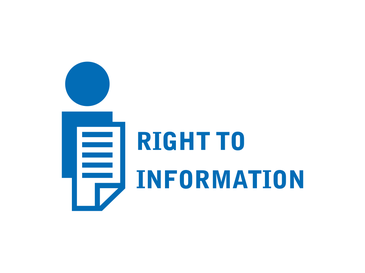
Privacy vs. Transparency: The RTI in the Balance
The Draft Personal Data Protection Bill (DPDPB) has been met with mixed reactions from privacy advocates and civil society groups. Some have welcomed the bill as a much-needed step towards protecting the privacy of individuals in India, while others have expressed concerns that it could have a negative impact on the Right to Information (RTI).
One of the main concerns is that the DPDPB would make it more difficult for individuals to access their personal data held by government agencies. Under the current RTI Act, individuals have the right to request information from government agencies, including personal data about themselves. However, the DPDPB would require individuals to provide consent before their personal data could be disclosed. This could make it more difficult for individuals to access information about themselves, particularly if they are not aware that their data is being held by a government agency.
Another concern is that the DPDPB would give government agencies too much power to exempt themselves from the law. The DPDPB allows government agencies to exempt themselves from the law if they deem it necessary for “national security,” “public order,” or “prevention of crime.” This could give government agencies a broad power to withhold information from the public, even if that information is not sensitive or classified.
Privacy advocates and civil society groups have called on the government to reconsider the DPDPB and to make changes that would protect the RTI. They have also called on the government to create a separate law for government data, which would have different rules and regulations than the DPDPB.
It is still too early to say how the DPDPB will affect the RTI. However, the concerns raised by privacy advocates and civil society groups are valid. The government needs to carefully consider these concerns and make changes to the DPDPB to ensure that it does not have a negative impact on the RTI.
In addition to the concerns mentioned above, there are other ways in which the DPDPB could affect the RTI. For example, the bill would create a new Data Protection Authority (DPA) that would be responsible for enforcing the law. The DPA would have the power to issue orders to government agencies, including orders to withhold information from the public. This could give the DPA a significant amount of power over the RTI, and it is unclear how the DPA would use this power.
Overall, the PDPB is a complex piece of legislation that has the potential to have a significant impact on the RTI. It is important for the government to carefully consider the concerns raised by privacy advocates and civil society groups, and to make changes to the bill to ensure that it does not have a negative impact on the RTI.




